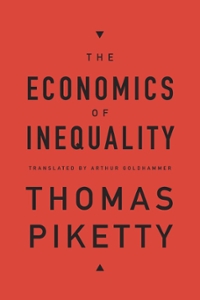Question
Winnie is close to retirement. He has accumulated a lot of assets ($800,000) which he has invested in stocks. There are three possible scenarios: 1)
Winnie is close to retirement. He has accumulated a lot of assets ($800,000) which he has invested in stocks. There are three possible scenarios: 1) His wealth could increase sharply to $1.44 million with a probability of 0.2, 2) his wealth could go up to $810,000 with a probability of 0.6, or 3) it could decrease to $490,000. Winnie's utility over wealth is U(W) = W1/2 . (a) What is Winnie's measure of absolute risk aversion? Is the risk-aversion of a $1000 bet greater at a wealth of $100,000 or at a wealth of $1,000,000? What is Winnie's measure of relative risk 1 aversion? Is the risk-aversion of a bet of 10% of his wealth greater at a wealth of $100,000 or at a wealth of $1,000,000? (2) (b) What is the expected value of Winnie's wealth? What is Winnie's expected utility? (2) (c) If Winnie invested all his assets in government bonds instead, which always pay the same amount, then how much would they have to pay in interest so that Winnie is indifferent between investing in stocks and government bonds? (2) (d) What is the risk premium that Winnie is willing to pay in order to avoid the risk of investing in stocks? (2)
Step by Step Solution
There are 3 Steps involved in it
Step: 1

Get Instant Access to Expert-Tailored Solutions
See step-by-step solutions with expert insights and AI powered tools for academic success
Step: 2

Step: 3

Ace Your Homework with AI
Get the answers you need in no time with our AI-driven, step-by-step assistance
Get Started


